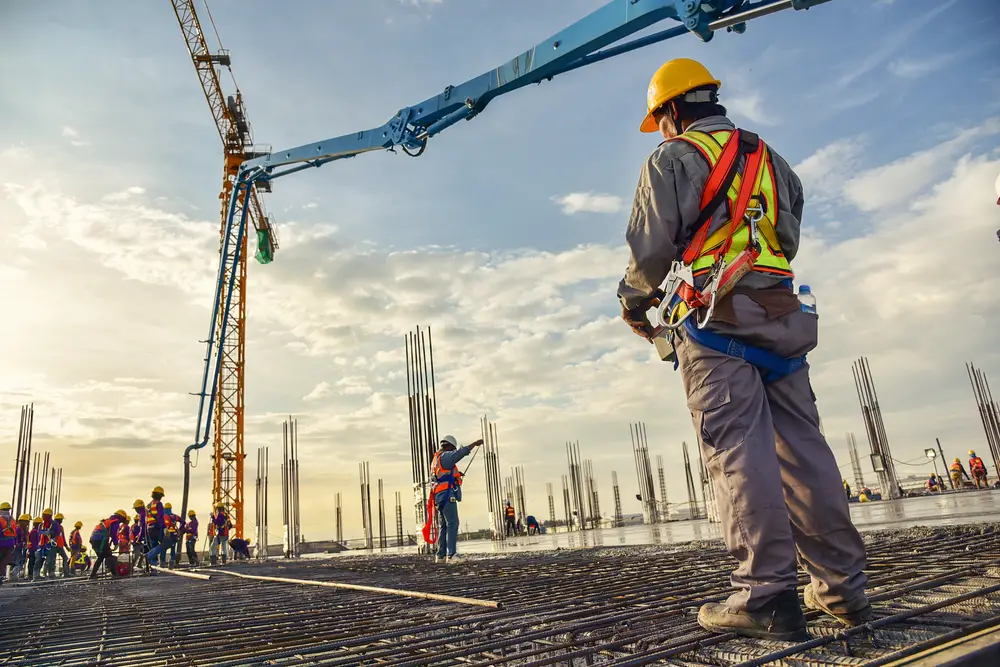Construction of a new services complex in Abu Suruj, a village of Sirba Locality, West Darfur, Sudan has began. This is after the representation mission of Qatar Red Crescent Society (QRCS) in Sudan handed over the plot of land for the construction to the contractor.
Funded by Qatar Fund for Development (QFFD), the project is one of a series of services complexes being constructed under the Doha Document for Peace in Darfur (DDPD). These projects are aimed at supporting the development and reconstruction of the region, by providing social services to encourage voluntary return of the displaced communities, ultimately achieving stability.
Also Read: Construction of modern vocational training center for AFL Wives’ Association 90% complete
Services complex in Sudan
Each complex consists of two basic schools (boys and girls), two secondary schools (boys and girls), a kindergarten, a health center, a police station, a full-fledged water treatment plant, and 15 housing units. The new development is totally solar-powered. The project involves construction, infrastructure, and operation for three years, for the benefit of the village’s some 43,000 population. It is estimated to be completed by the end of 2021.
The handover ceremony was attended by the executive director of Sirba, the state engineer from the Ministry of Urban Development, the management of the Sudanese Red Crescent Society’s (SRCS) chapter, public administrations in Abu Suruj, and the public.
The hosts expressed their happiness and thanked QRCS and QFFD for launching this development project, which serves the goals of the Darfur Peace Agreement and facilitates things for the returnees.
Another services complex is under construction in Sisi, a village of Al-Kereinik Locality, West Darfur. Currently, the final phase is in progress. Once completed, the project will serve more than 30,000 persons.
